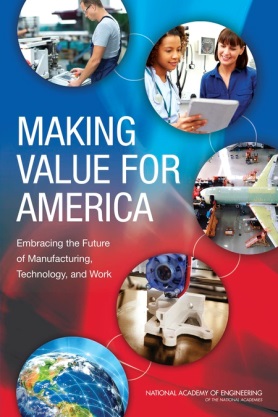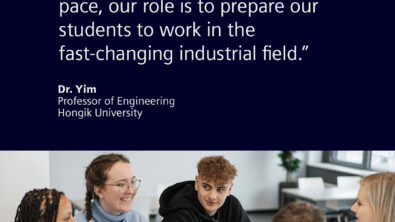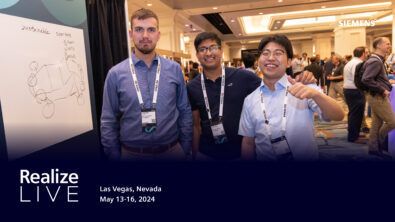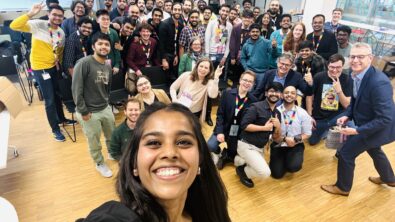122nd Annual Conference & Exposition of the American Society for Engineering Education

The future depends on the engineers of tomorrow. They are the ones who will create solutions for the problems we may not even know exist yet. It is our duty to prepare them with the skills and motivation needed to create those solutions. Not just math and science skills, but entrepreneurial skills. Our future engineers need to invent new things, but must also be able to run their future businesses and help shape the public.
This is the importance of engineering education, and just one of many things I learned during my time at the 122nd Annual Conference & Exposition of the American Society for Engineering Education (ASEE) in Seattle.
University of Washington EcoCAR outside the Seattle Convention Center.(Sponsored by Siemens and many other industry partners)
According to ASEE, it is the only conference dedicated to all disciplines of engineering education for deans, faculty members and industry and government representatives.The ASEE conference had over 400 technical sessions, with peer-reviewed papers spanning all disciplines of engineering education. It also had a massive trade show and lots of networking sessions.
For me, there were two main highlights to the conference. First I learned that engineering education is improving, but we have a long way to go to match other countries. Only 4.4 percent of the undergraduate degrees awarded in the United States are in engineering, compared with 13 percent in European countries and 23 percent in key Asian countries.
The number of engineering degrees awarded in the United States has increased at all levels since 2003. Between 2003 and 2012 bachelor’s degrees awarded increased by 40 percent.
Second, I discovered a new e-book. Making Value for America: Embracing the Future of Manufacturing, Technology and Work.This free e-book discusses how new business models are transforming the way products and services are conceived, designed, made, and distributed. It examines these challenges and opportunities and offers recommendations and examples for actions between industry, government and education institutions.The chair of the committee that developed the book for the National Academy of Sciences is Nick Donofrio, former IBM Executive Vice President Innovation and Technology at IBM Corporation. Download the book today and spend a few minutes reading it.I think that you’ll really enjoy it.
Jerry




